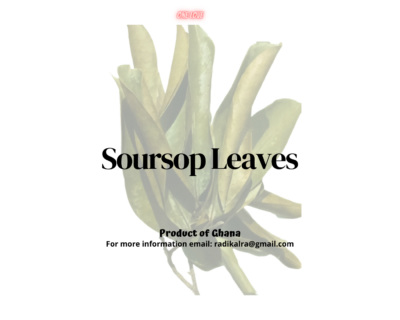Avocado Leaves
Avocado leaves are not as commonly used as the fruit itself, but they have some interesting, lesser-known facts and uses:
Flavor Enhancer: Avocado leaves have a mild, anise-like flavor and are sometimes used to enhance the taste of soups and stews, especially in Mexican and Central American cuisine.
Medicinal Properties: In traditional medicine, avocado leaves have been used to treat various ailments, including digestive issues, inflammation, and high blood pressure, although scientific evidence for these claims is limited.
Nutritional Value: Avocado leaves contain several beneficial compounds, including antioxidants, flavonoids, and tannins, which may contribute to their potential health benefits.
Culinary Uses: In some regions, avocado leaves are used to wrap foods before grilling or baking. This imparts a subtle flavor to the dish and helps keep it moist.
Herbal Tea: Dried avocado leaves can be used to make herbal tea, which is believed to have calming properties and is used as a natural remedy for anxiety and insomnia.
Insect Repellent: Crushed or dried avocado leaves can be used as a natural insect repellent to keep bugs away from food or your living space.
Hair Rinse: Some people use a decoction of avocado leaves as a hair rinse to promote hair health and shine.
Wound Healing: Avocado leaves have been used topically to promote wound healing and alleviate skin irritations, although more research is needed to confirm their efficacy.
Cultural Significance: In some cultures, avocado leaves are associated with rituals and ceremonies. They are used as offerings or decorations during celebrations.
Leaf Art: Avocado leaves can be used for leaf printing or as natural dyes for textiles and craft projects, as they release green pigments when crushed.
While avocado leaves offer potential culinary and medicinal uses, it’s important to note that some varieties of avocado leaves may contain substances called estragole and anethole, which c









Leave a Comment